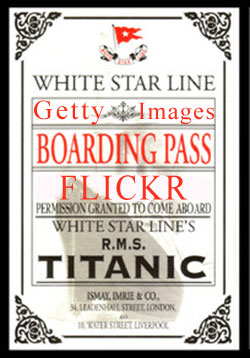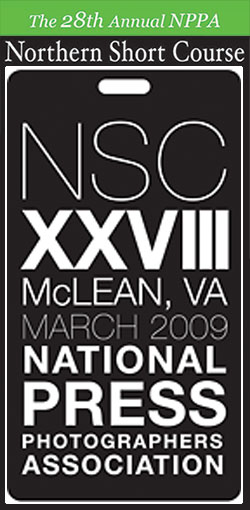Omnicom Passes the Buck
 Last week, PDN wrote GM Stops Paying Advances for Photo Shoots, which got a number of people up in arms, and rightly so, about how Omnicom (NYSE: OMC) is, quite literally, passing the buck.
Last week, PDN wrote GM Stops Paying Advances for Photo Shoots, which got a number of people up in arms, and rightly so, about how Omnicom (NYSE: OMC) is, quite literally, passing the buck.
The ASMP has penned a response to this position, which they forwarded to me, and I post below, in its entirety, as it is important that you understand how companies are attempting to negotiate with you either beforehand, or afterwards in unfoavorable purchase order language that changes substantively the terms under which your initial contract was agreed to. On more than one occasion I have had to have Purchase Order language modified to be consistent with the intitial contract.
Here is what ASMP has written, and which is of value to read and contemplate:
It has been brought to the attention of the American Society of Media Photographers (ASMP) that the Omnicom Group, the world’s largest advertising agency holding company, has changed its terms and conditions in an effort to limit their agency liability and in so doing transfer that liability to independent photographers and producers. Basically, by disclosing their agency status and for whom they are acting, the advertising agency is only liable to the extent that their client has specifically paid them for any amounts payable to you. Additionally, ASMP has been informed that reps are being told that there will no longer be any advances on assignments.
These new policies are most probably the result of the market and governmental pressures experienced by major corporate clients such as GM who in their effort to avoid bankruptcy are now prioritizing their financial obligations and will make payment according to those priorities. In other words, some suppliers will be waiting significantly longer to be paid depending upon the client’s priorities. That being the case, agencies do not want to be left on the hook for reimbursement of monies expended on behalf of their clients, especially where the fear of bankruptcy exists.
These terms and conditions are simply not in the best interests of photographers, producers or clients. This action, clearly taken in anticipation of increasingly difficult financial conditions is a unilateral effort to shift the burden onto those who are least prepared to bear it. Should an independent photographer of moderate means be the banker for a Fortune 100 company? By eliminating their customary role as intermediate financier, agencies are removing value from the value-added chain, and that will ultimately lead to an overall dampening effect on commerce.
Meanwhile, there is no incentive for the agencies to make photographer friendly changes to their terms and conditions as long as photographers are willing to accept the current terms. Notice of these changes should be included in your blogs and discussed on related lists and social networking sites. The issue needs to become viral and requires significant support from key photographers in order to gain traction and effect change. If it is business as usual for the agencies, then nothing will be accomplished.
ASMP would recommend that photographers include in their paperwork a statement making it clear that there will be no grant of copyright license until all related assignment invoices are paid in full. Images should be registered with the Copyright Office immediately upon completion of the shoot and prior to first publication and/or possible infringement so that in the event that legal action – a last resort – is needed, recovery of statutory damages and court costs will be possible.
In addition, the Association of Independent Commercial Producers (AICP) recommends the following:
"If an agency's internal policy insists upon these payment terms (sequential liability), the production company should:a) Make sure the advertiser ("client") also signs this agreement. If it is a rider, the terms of payment and the full contract price should be added to the rider.
b) Be provided with the advertiser billing and contact information.
c) Copy the advertiser on all invoices.
d) Notify the advertiser of payment due as soon as terms of the contract (payment dates) are not met by the agency.”
As a possible course of action, since the agencies are shifting liability to their corporate clients, perhaps photographers should consider approaching the clients directly for advances and or other payments prior to the beginning of the assignment.
Ultimately, this is a case of the supplier beware!
Eugene Mopsik
Executive Director, ASMP
Please post your comments by clicking the link below. If you've got questions, please pose them in our Photo Business Forum Flickr Group Discussion Threads.



